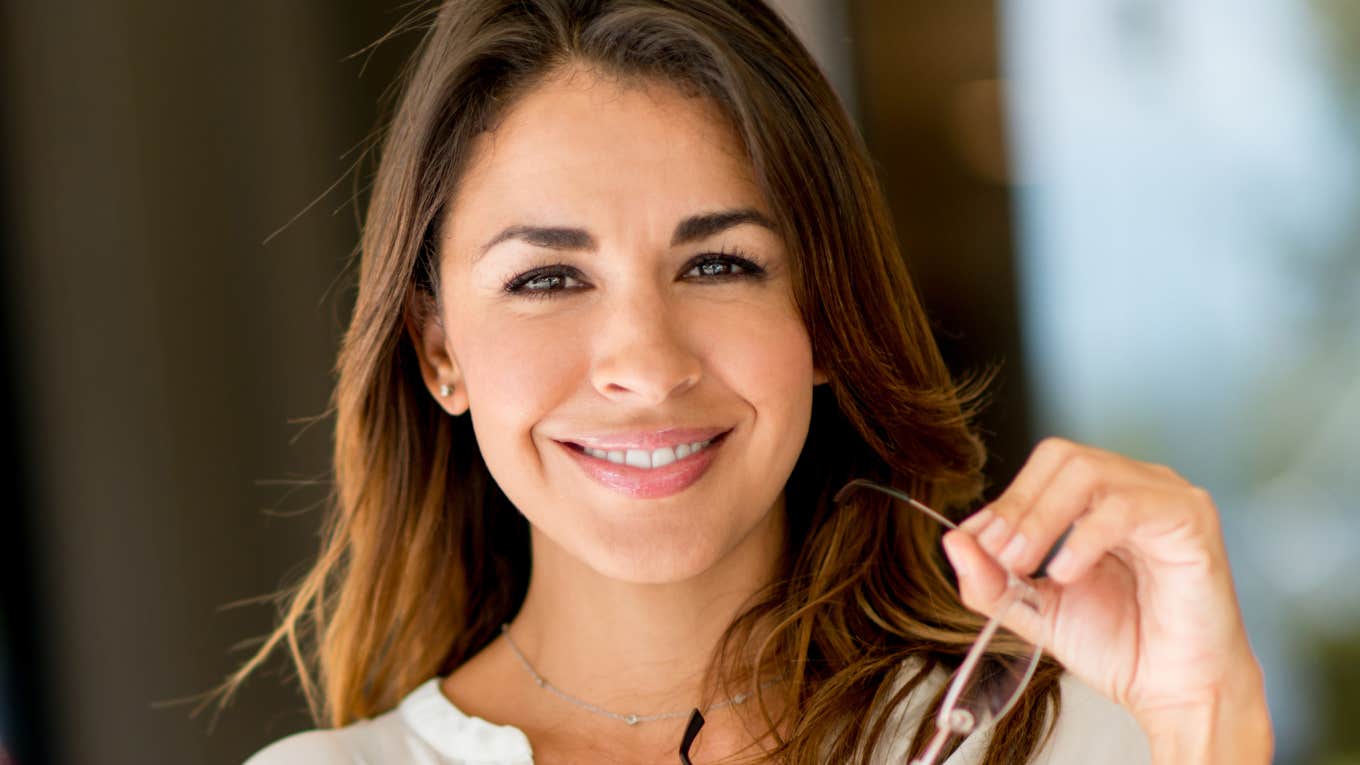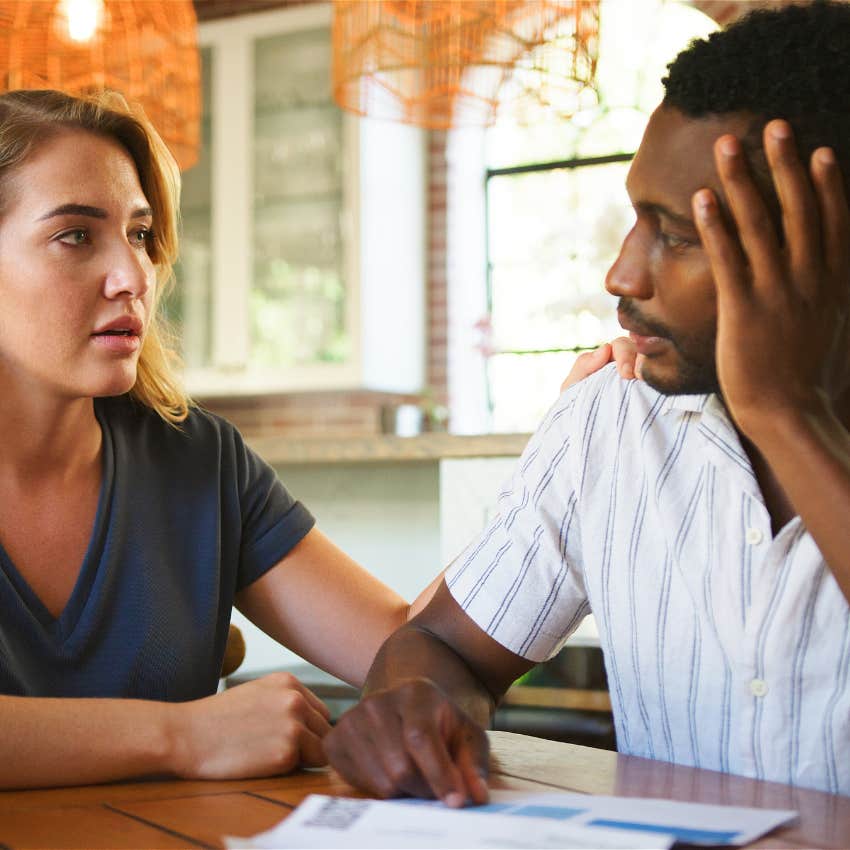5 Ways Letting Your Guard Down Makes Love Way Stronger, According To Psychology
Letting someone in can feel scary, but it's worth the risk.
 andresr | Canva
andresr | Canva While self-sufficiency and autonomy can help us weather the storms of life, they can also rob us of true intimacy. For a relationship to be balanced, partners must be able to depend on one another and feel that they are needed and appreciated for the support they give. If we have been let down in the past, the prospect of needing someone can be frightening.
Opening up to our partner can make us feel vulnerable and exposed, but vulnerability in a relationship is the most important ingredient of having a trusting, intimate companion. Vulnerability is often seen as a weakness, but it's a strength. Dr. Brené Brown, a renowned expert on vulnerability, explains that it's really about "sinking into" the joyful moments in life — daring to show up and let ourselves be seen.
She writes, "When we shut ourselves off from vulnerability, we distance ourselves from the experiences that bring purpose and meaning to our lives." In her landmark book Daring Greatly, Dr. Brown defines vulnerability as uncertainty, risk, and emotional exposure. Given this definition, the act of falling in love is the ultimate risk.
Here are five ways letting your guard down makes love way stronger, according to psychology:
1. It increases our sense of worthiness and authenticity
Vulnerability fosters deeper connections, promotes open communication, and encourages self-acceptance. A 2019 study found that it leads to increased intimacy and a more authentic expression of self within the relationship. Vulnerability can also help individuals learn to regulate complicated feelings and cope with challenges more effectively.
2. It helps us feel close and connected to our partner
 Monkey Business Images / Shutterstock
Monkey Business Images / Shutterstock
When individuals share their true selves, including vulnerabilities, they build trust and intimacy. Research by the Gottman Institute supports that this openness facilitates a safe space for partners to express their emotions and needs, leading to deeper understanding and stronger emotional bonds.
3. It helps us ask for what we want and avoid stonewalling
Research by The University of Oklahoma found that by creating a safe space for partners to express emotions and needs without fear of judgment or rejection, couples can help facilitate healthier conflict resolution and deeper intimacy. They can approach disagreements with empathy and understanding rather than defensiveness or blame.
4. It allows us to build trust and become fully engaged
 Perfect Wave / Shutterstock
Perfect Wave / Shutterstock
A 2022 study explained that when couples embrace their vulnerability, they allow themselves to be seen for who they truly are, fostering deeper connections and intimacy. This willingness to be open and honest can lead to greater empathy, self-regulation, and reduced shame, ultimately strengthening the bond between partners.
5. It allows us to open our hearts
According to Dr. Brown, disengagement is the most dangerous factor that erodes trust in a relationship. The only way to avoid this is to risk being vulnerable with your partner by asking for help, standing up for yourself, sharing unpopular opinions, and having faith in yourself and your partner. The ultimate risk is allowing yourself to fall in love, which requires letting go of control and of the fear of being hurt or abandoned.
While all relationships present risks, they are risks worth taking. Even if you have been abandoned or cheated on, you can surrender your shield and allow your partner in. Healthy partnerships are within reach if you let go of fear and believe you're worthy of love and all of the gifts it has to offer.
Terry Gaspard, MSW, LICSW, is a licensed clinical social worker with extensive experience in counseling and writing.

